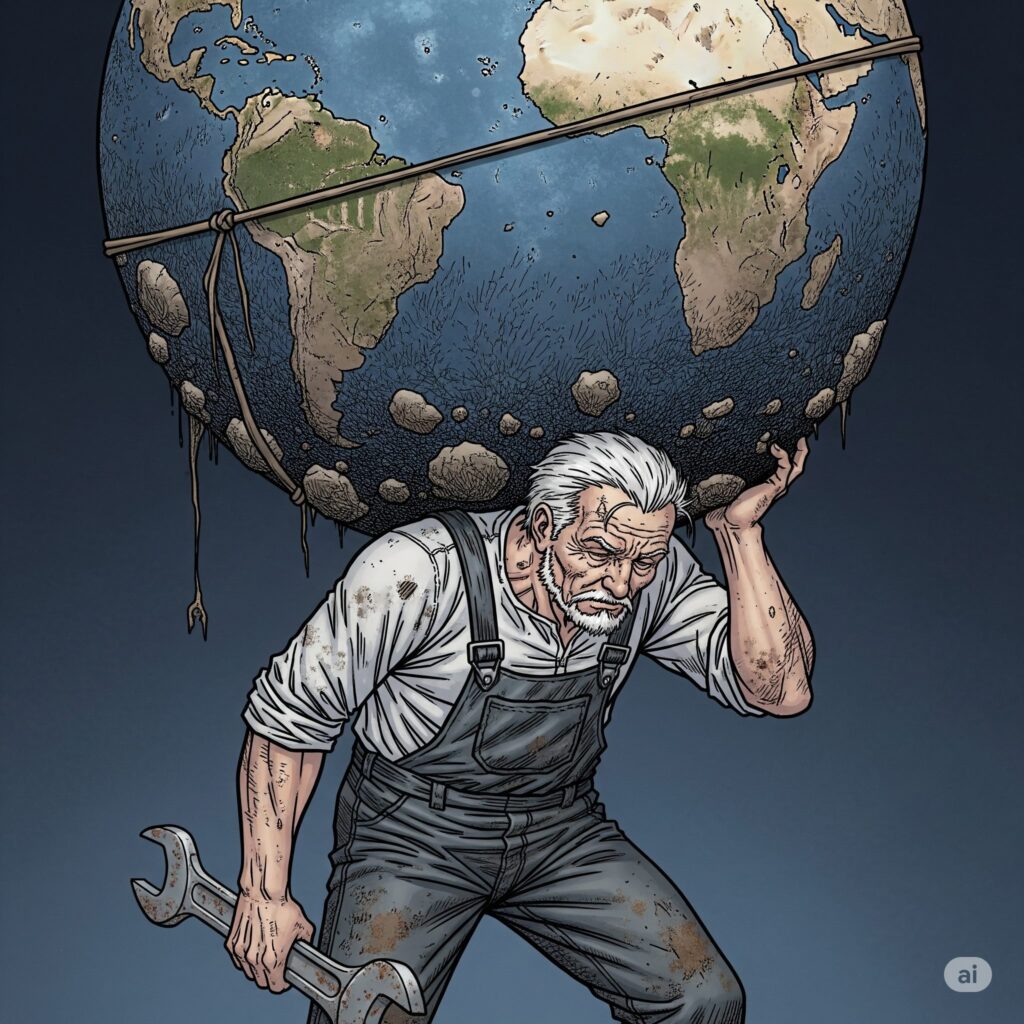Safety isn’t just about rules and regulations; it’s about culture, leadership, and sometimes, a direct challenge to ego. I learned this firsthand on a recent project with a new crew.
After their orientation, I privately reminded the foreman about a piece of documentation he’d overlooked on a previous job. My intent was to be helpful and preserve his professional standing by keeping the feedback confidential.
A little while later, I overheard him refer to me as the “Safety Dick” to his crew. They laughed. I admit, I laughed too – then they turned around and saw me. I just kept laughing.
I don’t think we were laughing for the same reason.
For him, my private reminder was an affront. In his mind, he was an experienced pro, a leader par excellence who shouldn’t need such reminders. He felt hurt that I had highlighted a forgotten task, even discreetly.
However, his reaction revealed a significant lapse in safety leadership. By publicly insulting me and dismissing my role, he inadvertently sent a dangerous message to his team: that they should ignore safety input, and that what I do—ensuring workplace safety—doesn’t genuinely matter. This kind of dismissive attitude isn’t just rude; it actively undermines the safety culture and puts everyone at greater risk.
The irony is, his defiance ultimately placed a far heavier burden on his own shoulders. He essentially “kicked me off his team,” consciously choosing to forgo the support and expertise I (and the safety department) offer. He now has that support available, but his actions mean he can’t, or won’t, use it effectively.
Good leadership means embracing feedback, modeling accountability, and fostering a culture where safety is a shared, respected priority. When ego overshadows these principles, a leader might find themselves standing alone, precisely when their team—and the safety of the site—needs collective effort the most. He is going to find it lonely at the top.
